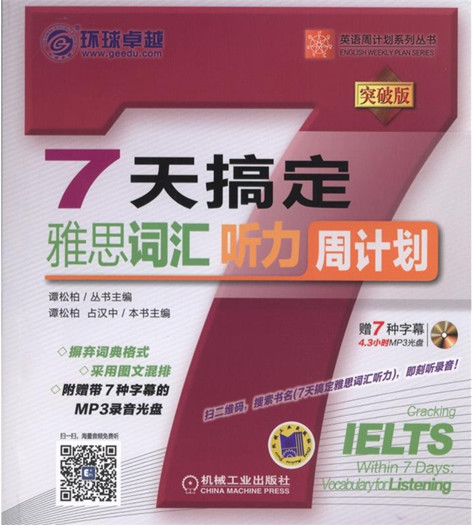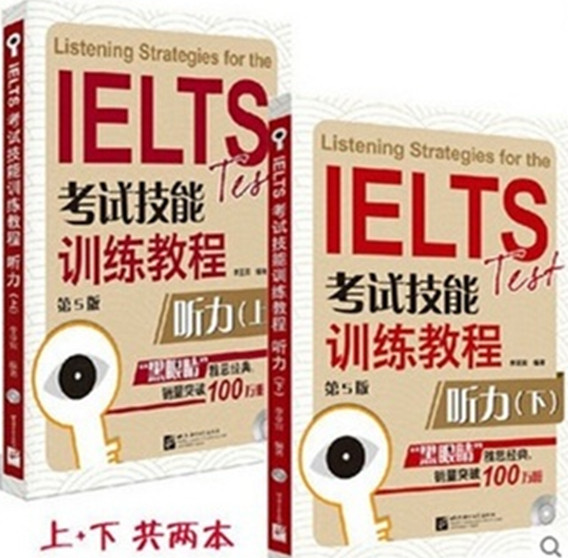Micro-Enterprise Credit for Street
Youth
I am from a large, poor family and for many years we have done without breakfast. Ever since I joined the Street Kids International program I have been able to buy my family sugar and buns for breakfast. I have also bought myself decent second-hand clothes and shoes.'
Doreen Soko
'We've had business experience. Now I'm confident to expand what we've been doing. I've learnt cash management, and the way of keeping money so we save for re-investment. Now business is a part of our lives. As well, we didn't know each other before—now we've made new friends.'
Fan Kaoma
Participants in the Youth Skills Enterprise Initiative Program, Zambia
Introduction
Although small-scale business training and credit programs have become more common throughout the world, relatively little attention has been paid to the need to direct such opportunities to young people. Even less attention has been paid to children living on the street or in difficult circumstances.
Over the past nine years, Street Kids International (S.K.I.) has been working with partner organisations in Africa, Latin America and India to support the economic lives of street children. The purpose of this paper is to share some of the lessons S.K.I. and our partners have learned.
Background
Typically, children do not end up on the streets due to a single cause, but to a combination of factors: a dearth of adequately funded schools, the demand for income at home, family breakdown and violence. The street may be attractive to children as a place to find adventurous play and money. However, it is also a place where some children are exposed, with little or no protection, to exploitative employment, urban crime, and abuse.
Children who work on the streets are generally involved in unskilled, labour-intensive tasks which require long hours, such as shining shoes, carrying goods, guarding or washing cars, and informal trading. Some may also earn income through begging, or through theft and other illegal activities. At the same time, there are street children who take pride in supporting themselves and their families and who often enjoy their work. Many children may choose entrepreneurship because it allows them a degree of independence, is less exploitative than many forms of paid employment, and is flexible enough to allow them to participate in other activities such as education and domestic tasks.
Street Business Partnerships
S.K.I. has worked with partner organisations in Latin America, Africa and India to develop innovative opportunities for street children to earn income.
The S.K.I. Bicycle Courier Service first started in the Sudan. Participants in this enterprise were supplied with bicycles, which they used to deliver parcels and messages, and which they were required to pay for gradually from their wages. A similar program was taken up in Bangalore, India.
Another successful project, The Shoe Shine Collective, was a partnership program with the Y.W.C.A. in the Dominican Republic. In this project, participants were lent money to purchase shoe shine boxes. They were also given a safe place to store their equipment, and facilities for individual savings plans.
The Youth Skills Enterprise Initiative in Zambia is a joint program with the Red Cross Society and the Y.W.C.A. Street youths are supported to start their own small business through business training, life skills training and access to credit.
- 05-22·2018雅思阅读模拟题精选及答案汇总
- 02-20·2018雅思阅读模拟题精选及答案(十五)
- 02-20·2018雅思阅读模拟题精选及答案(十四)
- 02-20·2018雅思阅读模拟题精选及答案(十三)
- 02-20·2018雅思阅读模拟题精选及答案(十二)
- 12018-05-222018雅思阅读模拟题精选及答案汇总
- 22018-02-202018雅思阅读模拟题精选及答案(十五)
- 32017-11-072017年雅思阅读模拟题:极光
- 42017-07-122017年雅思阅读模拟题及答案解析汇总
- 52017-07-112017年雅思阅读模拟题及答案解析(七)
编辑推荐
- 模拟试题
- 历年真题





